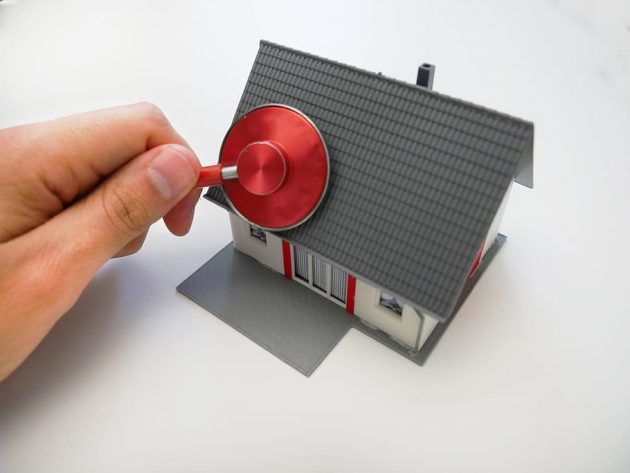If you are a little low on cash, have you thought about getting a loan to cover up your renovation expenses? Unlike what people say, a home improvement loan is pretty easy to get and can help you with minor and major repairs, as well as renovations.
However, before applying for a loan, you need to look at the options available to you. For example, some loans are specifically created for home improvements and are available online from lenders such as Jacaranda Finance. In contrast, others allow you to borrow against the equity you have in your home.

There are subcategories under these, which we have explained below with their pros and cons.
Personal Loan
If you have a “Good” credit score, this is the best unsecured loan option for you. This loan is offered by almost all lenders, such as Jacaranda Finance and more. The processing time is pretty fast, and some of them don’t charge prepayment penalties. While credit score is one deciding factor, lenders do look at credit history too to determine whether you know how to manage your finances or not.
Minimum Credit Score: 620 or Higher
Pros
- No need for home equity
- Fast funding
- Lenders may not ask for an origination fee
- No foreclosure risk
- Lump-sum cash transferred directly into your account, no questions asked
- Variable or fixed interest rates
Cons
- Short repayment term
- Higher loan rates
- No federal loan protections or benefits
- Tax is deducted from the interest
FHA 203(k) Loan for Damaged Properties
This loan is offered by the Federal Housing Administration (FHA) and is specifically for homes in immediate need of renovations. If you recently purchased a fixer-upper, add this loan to your mortgage loan and get a lump sum amount.
There are types of FHA 203(k) loans:
- Limited 203(k) loan for minor renovations
- Standard 203(k) loan for major repairs
Both these loans have strict eligibility requirements, as well as limitations. If the residential property you purchased was built a year ago, the loan could be used for renovating it. However, if the property has now been divided into 4 units and is being rented out, the loan can’t be used to renovate it.
Minimum Credit Score: 500 or higher.
Pros
- Low down payment: 3.5%
- Federally insured
- For older and damaged properties
- Adjustable or fixed rates
- Renovations will help increase the value of the home
- Variable or low interest rates
- No income limit
- Allows eligible co-signer
Cons
- If your credit score is below 500, you will have to pay more than a 3.5% down payment.
- Requires collateral
- Has closing and origination fees
- FHA approval needed
- Repairs can only be made in the primary residence
- Different loan limits that vary by state
- Commercial and investment properties do not come under the loan’s eligibility
- No DIY allowed
- Luxury upgrades such as swimming pools cannot be made
Home Equity Loans
A home equity loan is best for homeowners with high equity in their house and a stable income. One of the best things about this loan is the repayment terms. You can pay back the loan over a period of 5 to 30 years.
A home equity loan can be used for several reasons apart from home improvement, such as medical care, debt consolidation, college, etc.
So, why is it that people seldom apply for this loan?
As the name says, you need to have high equity in your house to borrow against it. However, the loan does allow you to borrow at least 95% of the equity. The catch: Your mortgage terms will change to ensure that you can keep up with both the monthly payments, or else your house will be seized.
Minimum Credit Score: 660 or higher
Pros
- Monthly payments and fixed rates
- The lump-sum amount that is transferred into your account
- Lower rates compared to credit cards and personal loans
- Interest might or might not be tax-deductible
- Unrestricted use
Cons
- Requires enough equity
- Foreclosure risk
- Upfront appraisal and application costs
- Requires reliable income
- Requires you to have a strong credit score
- Origination fees
You are probably wondering why we didn’t mention credit cards. After all, they are an easy way to get your hands on cash. However, the interest rate on credit card withdrawals is 16%, making them the most dangerous option.
Now that you know what your loan options are, you can easily make a decision. Make sure to choose one that you can easily manage with your personal finances.














